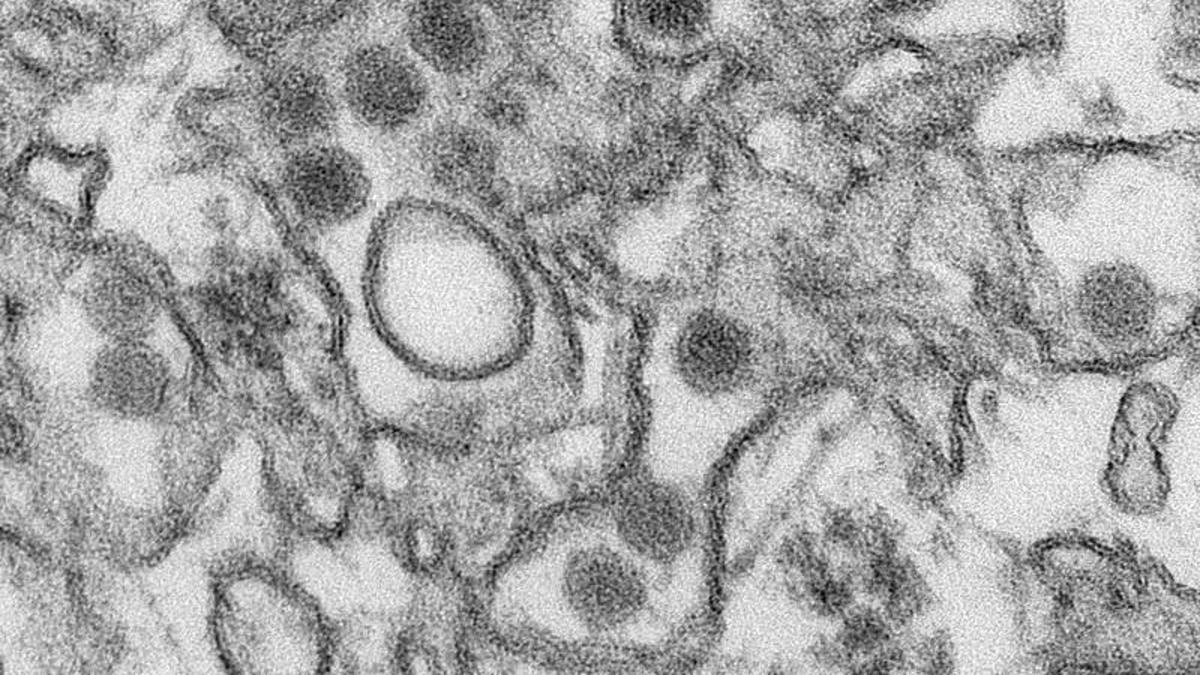
A transmission electron micrograph (TEM) shows the Zika virus, in an undated photo provided by the Centers For Disease Control in Atlanta, Georgia. REUTERS/CDC/Cynthia Goldsmith/Handout via Reuters (Copyright Reuters 2016)
The Centers for Disease Control and Prevention (CDC) is collecting semen samples from men who have been infected with Zika to learn more about the virus’ transmission patterns.
In a statement to FoxNews.com, the CDC said the semen study began in mid-April, and as of Wednesday, 52 men had signed on to participate.
“The purpose of this study is to determine the frequency, duration, and pattern of Zika virus shedding in semen and urine of infected men,” Kate Fowlie, a CDC spokeswoman, told FoxNews.com in an email. “Eligible participants are adult men living in the continental United States or Hawaii who have laboratory-confirmed Zika virus infection.”
For the study, researchers are collecting participants’ background health information and semen samples gathered at their own homes once every two weeks for up to six months after symptom onset. Specimens are tested for Zika virus RNA by reverse transcriptase polymerase chain reaction assay (RT-PCR) at CDC; those testing positive are further evaluated by virus isolation techniques. A separate study is underway in Puerto Rico.
“Findings from the study will help health officials refine recommendations for preventing spread of Zika virus through sexual transmission,” Fowlie said.
Although Zika is primarily spread through mosquito bites, the CDC said it has detected viral RNA in semen 62 days after an individual’s onset of illness was reported.
“Additional information is needed to better inform public health recommendations, particularly for couples contemplating pregnancy,” Fowlie said.
The CDC has reported 15 cases of sexual transmission of Zika in the United States, as well as 1,130 total Zika diagnoses— 320 of them among pregnant women.
Friday, the CDC reported the first case of female-to-male sexual transmission of Zika. All previous cases of sexual transmission of the virus occurred when a male passed it along to his female partner.
The CDC said it recommends that all pregnant women who have a sex partner who has traveled to or resides in an area with Zika use barrier methods such as a condom every time they have sex, or they should not have sex during the pregnancy. These recommendations now also apply to female sex partners of pregnant women.
The agency said it is updating recommendations for sexually active people in which the couple is not pregnant or concerned about pregnancy and for people who want to reduce personal risk of Zika infection through sex.
Reuters contributed to this report.







































